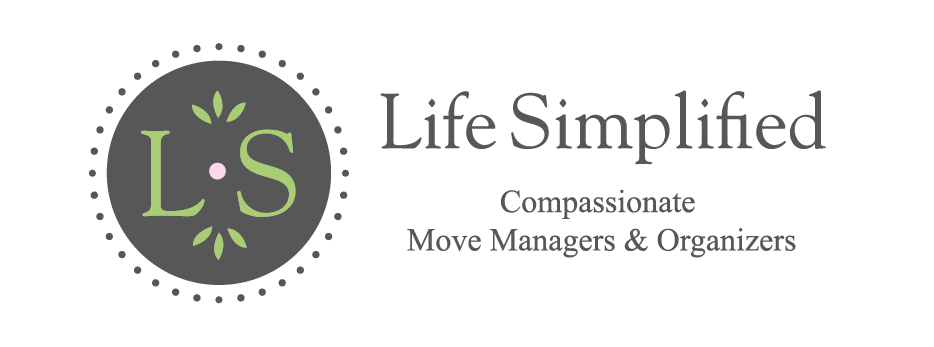By Annie Kilbride
•
November 23, 2025
How do you decorate for the holidays? For many, transforming their home with elaborate holiday zeal is a seasonal ritual that lightens the mood and brings joy to the whole household. There are lots of ways to go crazy on the holiday decorations, but one of our particular favorites is the Christmas village . These table-top displays tend to grow over the years and can manifest as a full-on miniature town complete with tiny inhabitants going about their holiday errands. Collectibles advisor Charles Tinsley weighs in on What’s It Worth: Department 56. Department 56 Of all the versions of ceramic towns that pop up in American homes every December, the Department 56 Christmas Villages continue to be one of the most popular items in the Christmas collectibles market. The charming Department 56 ceramic pieces, decorated for the holidays and lit brightly behind their tiny windows, were the brainchild of Ed Banzinet , a talented designer who oversaw the Gift Import Department (Department 56!) of the Bachman Company in Minneapolis. The first Department 56 buildings were released in 1976. The Original Snow Village consisted of six pieces: four little houses and two churches. The Original Snow Village was based on an actual town near Ed’s home in Stillwater, Minnesota. Stillwater had a tradition of decorating the houses, stores and churches for Christmas with garlands, wreaths and bright lights. The first Christmas village set the character for the brand: highly detailed ceramic buildings that are brightly lit to create the look that originally inspired him. In the first two years of the collection, nine more pieces were added. These first designs in the collection remain the most highly prized by collectors today. A Focus on Popular Culture Like many decorative or seasonal collectables, Department 56 releases new designs every year, inspiring collectors to commemorate the years and the celebration of family milestones with new pieces. Department 56 enjoyed a popularity boost from an unlikely source: pieces based on the 1989 film National Lampoon’s Christmas Vacation . In the movie, Clark Griswold’s boss Mr. Shirley did not give Christmas bonuses that year, but did have a celebration in his large and well appointed home. This scene was the inspiration for the very popular miniature Boss Shirley’s House. The film inspired a whole host of buildings, characters and accessories, including Todd & Margo’s House. The Christmas Vacation series remains among the most popular and sought-after pieces. Over the years, Department 56 has released many other designs based on popular culture and holiday films, including “A Christmas Story” , many Disney characters, a vintage Harley Davidson store and even a miniature Downton Abbey . The greatest challenge for this particular collectible is that they are ceramic, and therefore fragile. The value decreases greatly if they do not come with their original box and packaging . Since they are usually associated with the holiday season, they spend most of the time in storage. They take up a lot of room which means collectors have to sacrifice valuable storage space in their homes. So, What’s it Worth? As is the case with many collectibles these days, the value of Department 56 pieces is not as high as it has been in the past , but they do continue to be highly sought after. Notable online auction sales in the fall 2021 include National Lampoon’s Christmas Vacation series . These designs remain at the top of the heap for collectors: • Todd and Margo’s House $2800 • The Department Store $500- $900 • Griswold Family Buys a Tree $375 The Dickens Village pieces are highly collected as well. In 2021 the top prices for pieces in this set were: • Kensington Palace $125 • Norman Church $220 • Dead Creek Village Mill $200 Smaller pieces in the collection such as “The Christmas Carol” may go for $40 to $50. Other sought-after designs include the Halloween Haunted Mansion ($800-$1000) and the Chick-Fil-A Dwarf House ($450). Common Designs Currently, the majority of the Department 56 collectibles are sold in larger lots, in their original boxes. Lots of 8-12 pieces may go for $200-$225 . Large collections of 75 or more pieces in their boxes may sell for as much as $1200 . If you love constructing a tiny village in your home for the holidays, and you have the space to store them, our advice is to continue enjoying your collection as long as you can! You could even scoop up some delightful additions to add a new neighborhood at a relatively low cost. When you’re ready to sell, you’ll probably do best to package them as a lot and sell them online or at a local auction house .




